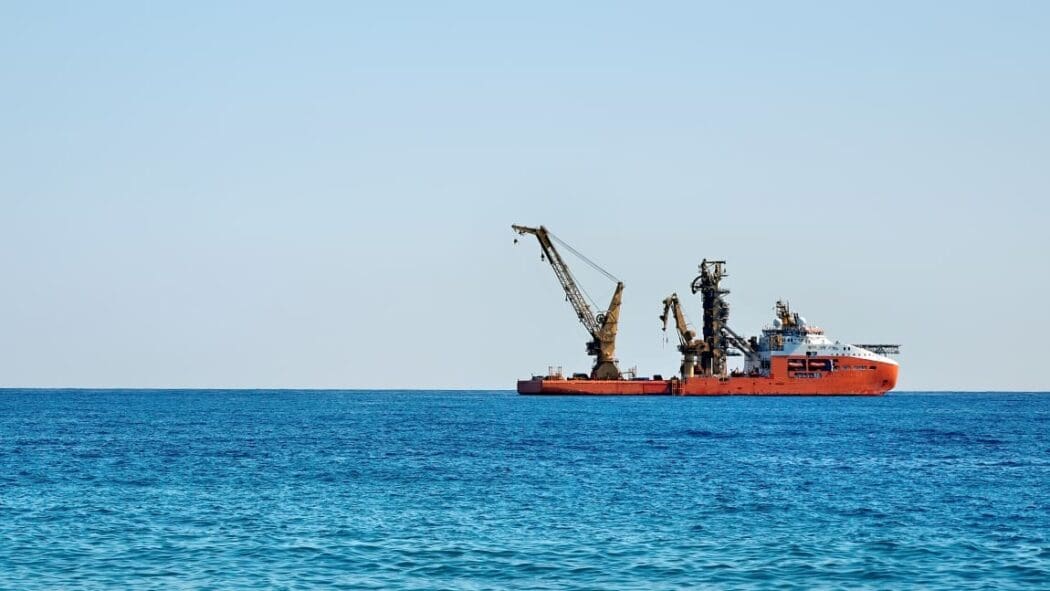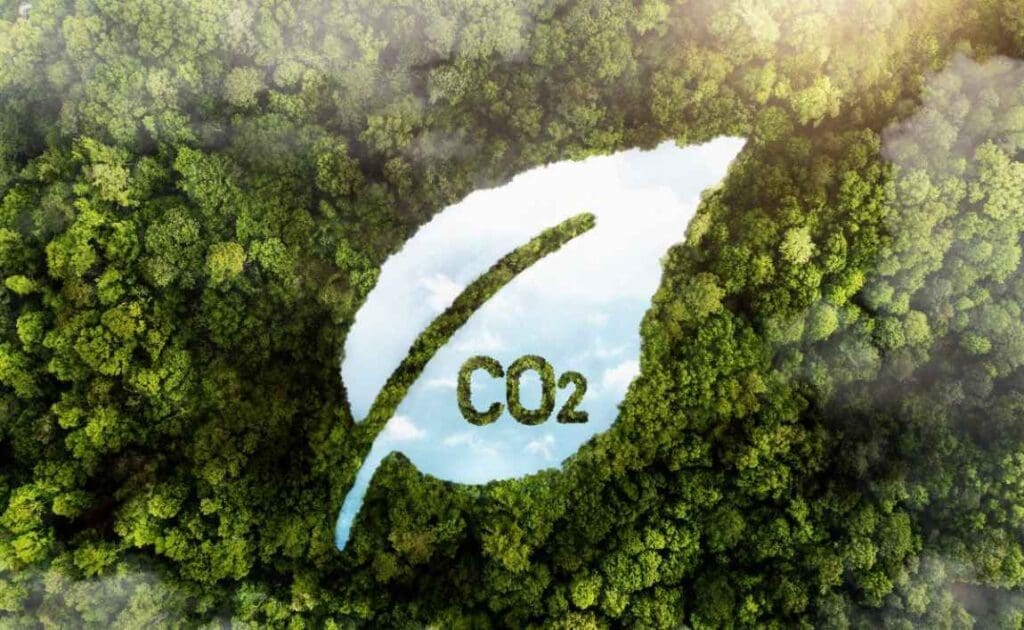Oslo, Norway (AFP) – The World Wide Fund for Nature’s (WWF) Norwegian chapter said Thursday it would take legal action against Norway for opening up its seabed to mining before performing sufficient impact studies.
Already Western Europe’s largest oil and gas producer, Norway could become one of the first countries to authorise seabed mining, arguing the importance of not relying on China or authoritarian countries for minerals essential for renewable technology.
While deep-sea mining is contentious due to its potential impact on vulnerable marine ecosystems, Norway’s parliament in January formally gave its green light to open up parts of its seabed to exploration.
“Norway’s decision to proceed with opening up vast areas of ocean for destructive mining, is an unprecedented management scandal,” Karoline Andaur, CEO of WWF Norway, said in a statement.
“We have never before seen a Norwegian government so arrogantly ignore all scientific advice and defy the warnings of a united marine research community,” she continued.
According to WWF, the impact studies carried out by Norway’s energy ministry did not meet the criteria required by Norwegian law.
During the public hearing process, the Norwegian Environment Agency — a government agency — reached the same conclusion, citing “significant gaps in the knowledge about nature, technology and environmental impact.”
Several countries, including France and the UK, have called for a moratorium on deep-sea mining, and the European Parliament expressed concern following Norway’s decision to move forward.
Meanwhile, Oslo maintains that by allowing the prospecting it wants to fill in gaps in knowledge to determine whether undersea mining can take place without serious impact on the environment. Otherwise, it will not be authorised.
“We believe that a thorough process has been carried out with broad involvement, and that the applicable requirements have been followed,” Astrid Bergmal, state secretary at Norway’s Ministry of Energy, told AFP in an email Thursday.
On April 12, the Ministry announced that it was opening up an area of the Norwegian Sea and Greenland Seas to exploration, with the aim of awarding the first licences in the first half of 2025.
In early 2023, the Norwegian Offshore Directorate published a report concluding that “substantial resources are in place on the seabed” including minerals such as copper, zinc and cobalt.
Among other uses, they are crucial for the manufacturing of batteries, wind turbines, computers and mobile phones.
phy/jll/cw
© Agence France-Presse
Featured image credit: frimufilms | Freepik.com




